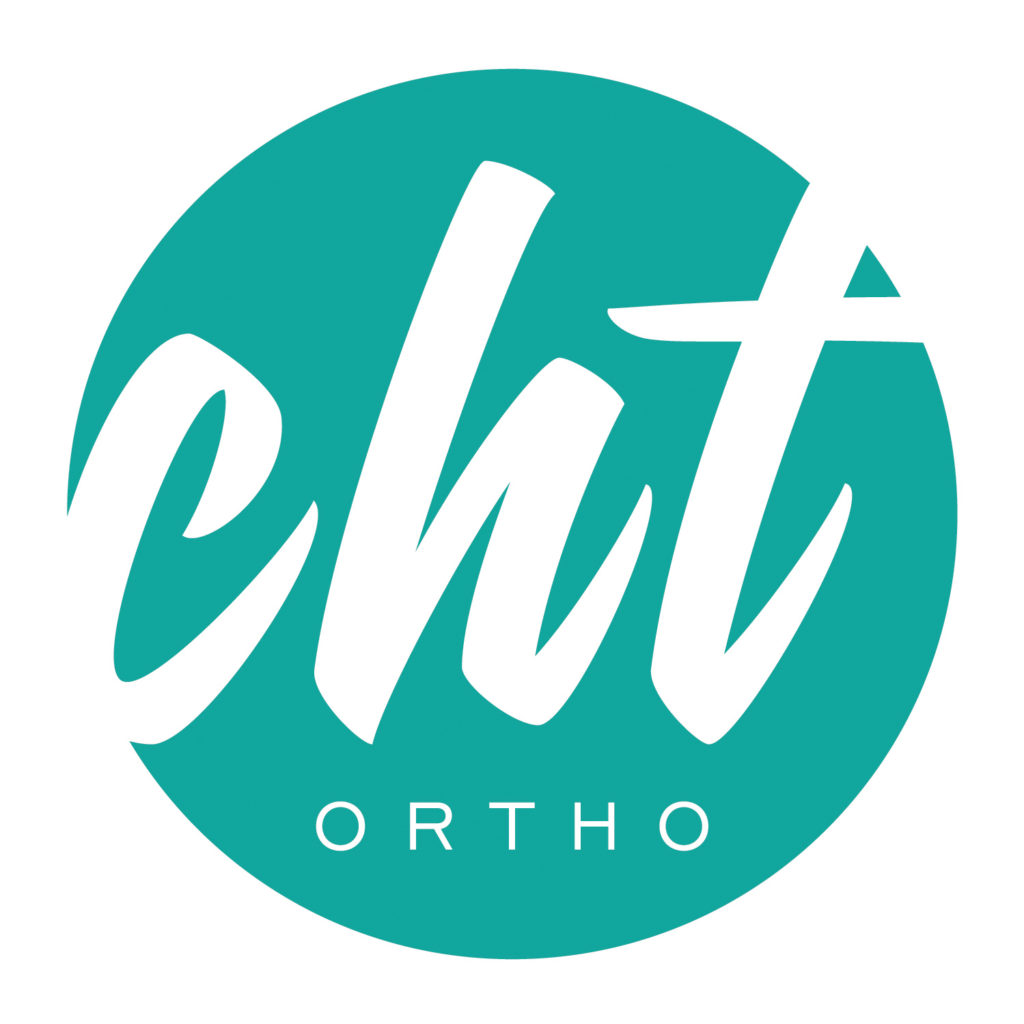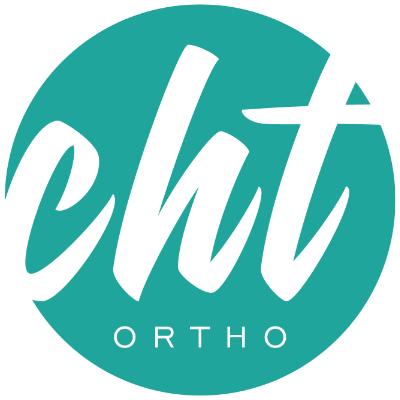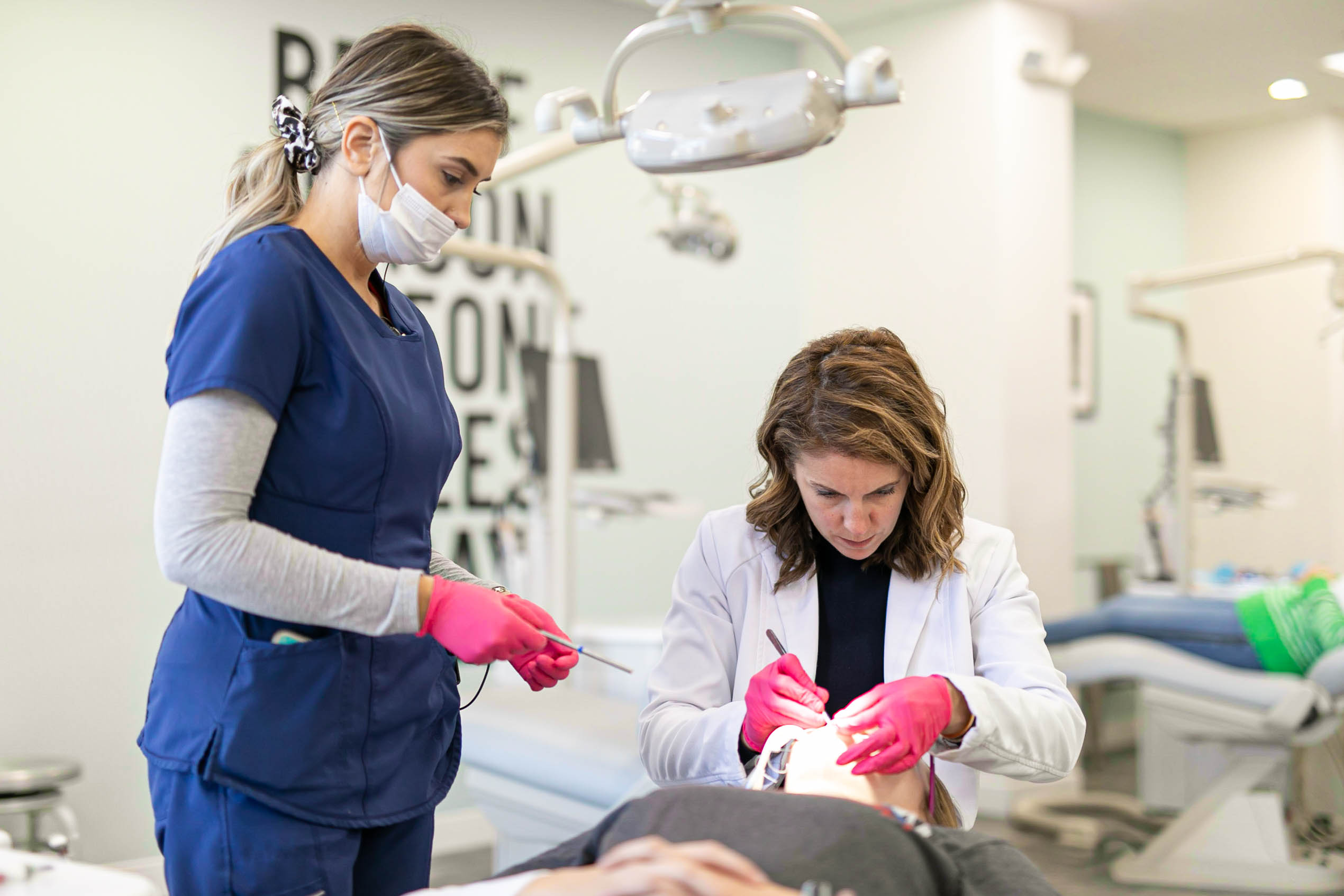
At CHT Orthodontics, we understand that orthodontic treatment is an investment. To offset the out-of-pocket investment for orthodontic treatment, some employers offer orthodontic insurance. Insurance companies do not automatically cover dental and orthodontic care, orthodontic insurance is covered under dental insurance as a supplemental benefit. Orthodontic insurance works differently then most medical insurance benefits. To help you better understand your insurance coverage, here are a few key points.
Eligibility
If you have orthodontic coverage through your employer, we want to verify that your policy is active and effective. Therefore we always speak to your insurance company to make sure you are are eligible for orthodontic coverage. Some policies require that you work a minimum number of hours per week, or there may be a 6-12 month waiting period for a new employee.
Benefits
Every plan offers a different level of benefits. Generally, an orthodontic benefit is separate from your regular dental benefit. In most cases, orthodontic benefits have a one-time use benefit and cover a portion of your treatment fee.
Two – Phase Treatment
In the case that the doctor recommends two phases of orthodontic treatment, our office may only receive a portion of your insurance benefit for Phase I. Any unused benefit may be applied towards Phase II as long as the policy is still active.
Payments
It is important to note that orthodontic benefits are rarely ever paid out upfront. Depending on your insurance company, payments will be spread out over the course of treatment in monthly, quarterly, or yearly installments. Therefore, coverage MUST remain active throughout the course of active treatment to receive the full benefit.
Starting Date
The start date is the date that braces are placed, appliances are fitted for your teeth, or aligners are delivered. Your insurance will need this date in order to process the claim.
Loss in Coverage
If for some reason there is a loss in coverage (job change or job loss are the most common reasons for this), Please be aware that any remaining from your insurance company that remains unpaid, will be transferred to your balance and become the billing parties responsibility.
Work In Progress
Please inform our office immediately of any new coverage so we can submit a claim in a timely manner. It’s not unusual for your new insurance company to prorate your benefit based on what the prior coverage paid and/or remaining treatment time.
Note: Not all plans cover work in progress.
Dual Coverage / Primary & Secondary Insurances
Double coverage occurs when a patient is enrolled in two active policies. Our office will do our best to help determine how much each policy should pay. Note: Some exclusions may be present on your policy making it impossible to collect on both. This is called a “non-duplication” rule.
Additional Procedures
If extractions or exposures are needed to accomplish orthodontic treatment, please note that those procedures are often billed from a dental benefit, but in rare instances they will be billed from your orthodontic benefit. In this instance, our office will not receive the full anticipated benefit and the remaining balance will be transferred to your balance.
7 Questions to Ask to When Looking at Your Orthodontic Dental Insurance Coverage:
- What is the lifetime maximum benefit limits?
- Does coverage apply to adults or only children?
- Is there a waiting period before coverage can begin?
- If treatment has begun before the plan starts, will it still be covered after the waiting period? Are there any restrictions?
- Are there any non covered types of braces?
- Are there any restrictions on orthodontists, for example, do they have to be within a specific health network?
- Is there a deductible for orthodontic work?
Not all health insurance plans with dental benefits cover orthodontic work, although more health plans are covering orthodontic work, the level of coverage varies, and some plans only cover orthodontics for children.
If I Have Dental Insurance in My Employee Benefits Plan, Does This Cover Orthodontics?
All health plans do not cover orthodontics, just because you are covered under employee health benefits package, it does not mean your plan sponsor chose to include orthodontics. Check under the dental section of your benefits package or ask your HR person or benefits manager to help you figure out if it is covered.
If you have a spouse also has dental insurance, you should also find out if there is a possibility of coordination of benefits or supplemental insurance on their plan. Also, determine which insurance would be considered primary and secondary.
It is very important to specifically ask about the coverage for orthodontic work using our checklist above, and if the coverage is for all plan members or if it only covers children under 18.

